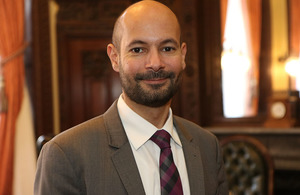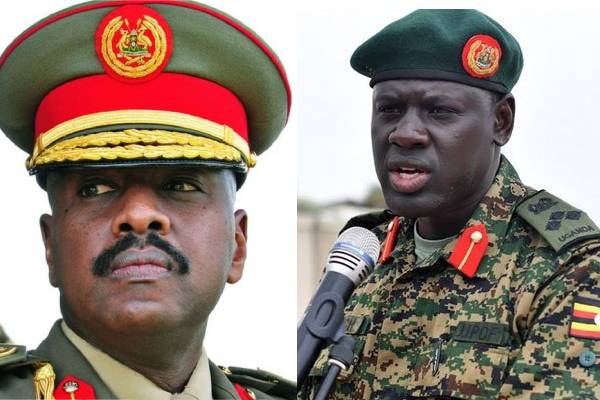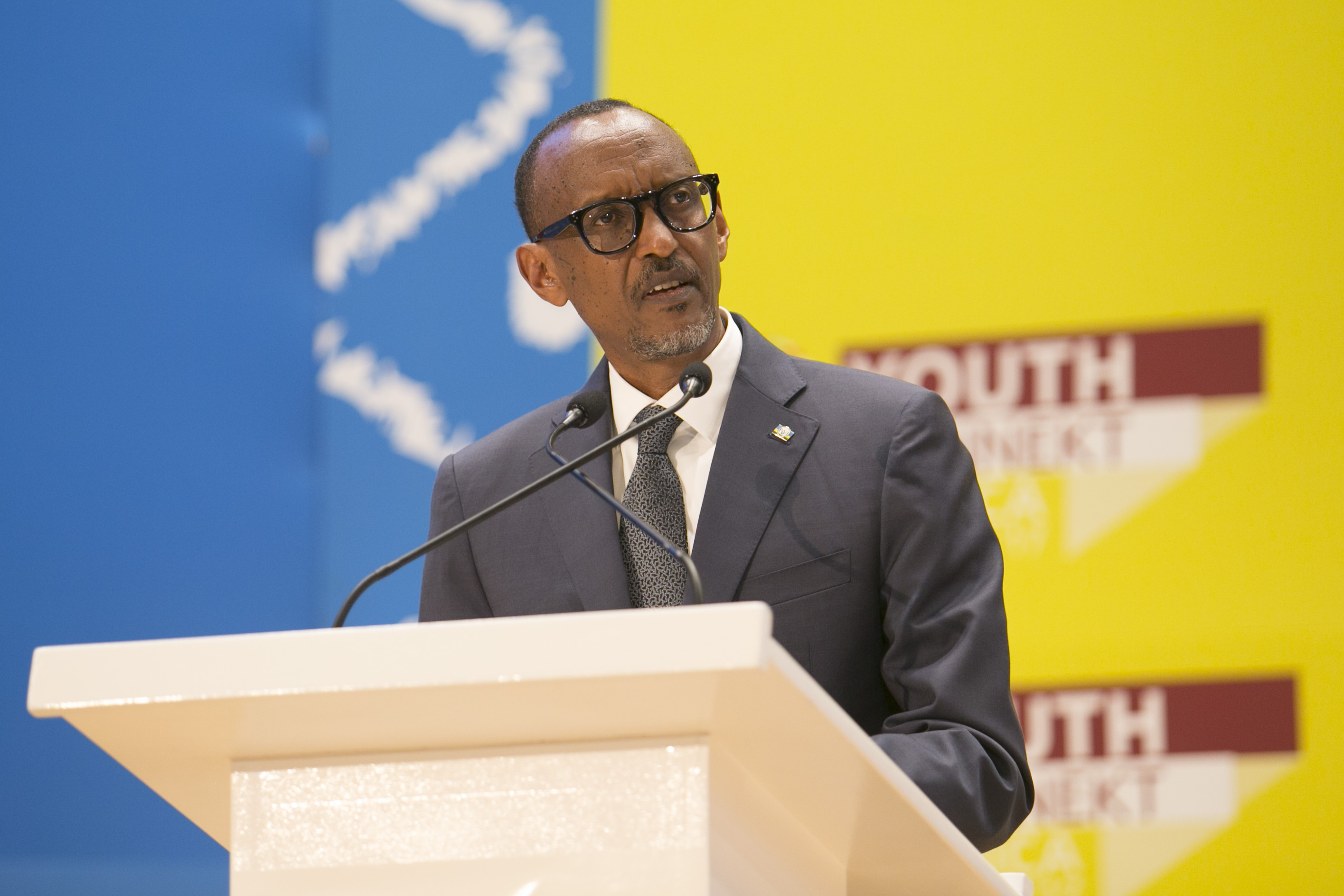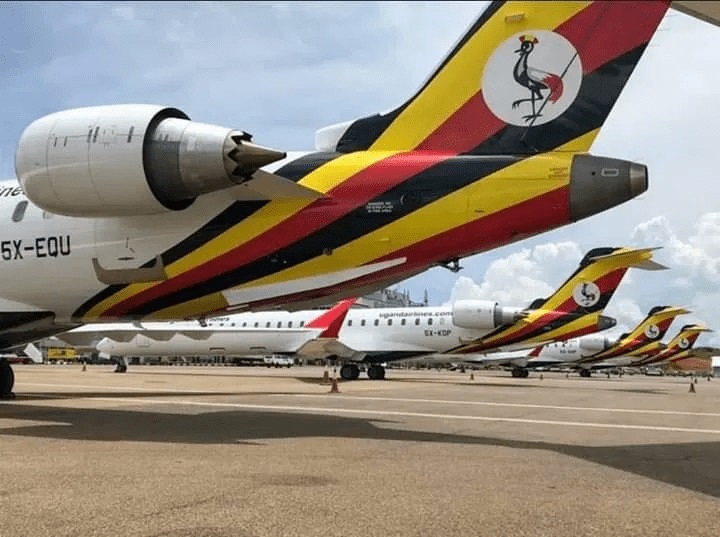Regional
1994 genocide against the Tutsi: UK hides dagger behind smile

Twenty-seven
years after the 1994 Genocide against the Tutsi, Rwandans continue to battle
the Genocide revisionism and denial propagated by the Genocide perpetrators and
their sympathisers. But it is perplexing to see a country like the United
Kingdom – and the United States of America – continuing to espouse the same Genocide revisionism agenda, the aim being to rewrite the history of the Genocide against the Tutsi, for political reasons.
The
August 19 interview by the new UK envoy
to Rwanda, Omar Daair, with reporters in Kigali, again showed how this island
nation in north-western Europe hides its dagger behind a smile when relating
with Rwanda. The new envoy’s response, when asked why his government continues to refuse to use the right terminology when referring to the 1994 Genocide
against the Tutsi is a reminder that the UK is not ready to rightly label the
horrors witnessed in 1994.
“I
understand that it is not the position of the government with regard to the
terminology and a lot of people take the issue seriously. It is not designated
to dilute this issue. It is not any way meant to be Genocide denial which we
reject,” was Daair's response to puzzled reporters. His declaration sounded
hollow because the UK representative
at the UN during the UN General Assembly (GA12000) of January 26, 2018, which
unanimously voted for the adoption of April 7th of every year as a Day of
Reflection on the Genocide against the Tutsi had explained the reasons behind
the UK government’s stance.
During
that vote, the British and American representatives expressed reservation about
the use of the phrase “Genocide against the Tutsi”, because they argued that
the latter failed to capture “the magnitude” of the violence against “other
groups”. They claimed that it left “an incomplete picture of this dark part of
history”. The UK representative, at the time, noted that “many Hutu and others
were also killed during the Genocide, including those murdered for their
opposition to the atrocities that were being committed.”
Abundant
evidence points to the fact that the mass-killings of the Tutsi were part of a
plan to systematically exterminate them. Different international reports, and the
UN Criminal Tribunal for Rwanda (ICTR) all confirmed these facts. The UK stance
also goes against the very definition of a “Genocide” as specified by the 1948
Geneva Genocide Convention of which the Kingdom is a signatory.
The
Rwandan government does not deny that during the Genocide, the Hutu were also
killed. But this was not part of plan to eliminate them. The UK and US position
also goes against the very definition of a “Genocide”. As a matter of fact,
Article II of this Convention defines the Genocide as acts committed with
intent to destroy, in whole or in part, a national, ethnical, racial, or
religious group. As far as I know, there was no plan to target the Hutu.
The
UN General Assembly Resolution’s aim was
to deal with the ambiguity which assisted many Genocide fugitives to continue
to evade justice and highlighted the importance to fight impunity. Regrettably,
it is the same British government which continues to foster the culture of
impunity by refusing to extradite to Rwanda, for trial five Genocide suspects who have been living
in the UK for more than two decades. The five are Celestin Mutabaruka, Dr
Vincent Bajinya, Charles Munyaneza, Celestin Ugirashebuja and Emmanuel
Nteziryayo.
Today,
the call for justice by Genocide survivors is even louder. Representatives of
Ibuka, an umbrella for organisations of Genocide survivors, and the Genocide
Survivors’ Students Association (GAERG) have advised the UK to imitate
countries like The Netherlands, and Canada to ensure that justice is done. Egide
Gatari, the president of GAERG, said that: “As survivors, the only thing that
we request for, is justice. Hearing that a country like the UK has functional
laws and a reputable human rights record continues to protect those who
participated in the killings can be interpreted as not giving value to the
innocent people that were brutally killed and those that survived.”
It
is very difficult not to associate the UK government refusal to use the correct
terminology regarding the Genocide against the Tutsi, and its refusal to
extradite or try the five top Genocide suspects. There is a growing fear that
some of these criminals are growing older and may die soon before they are
brought to court.
All
that Rwanda wants is that due process is followed and that justice is done. Justice
delayed is justice denied. Worse still,
by refusing to acknowledge as well as use the right terminology on the 1994 Genocide against the Tutsi, the UK is firing up denial and revisionism - the
last stage of a Genocide.





